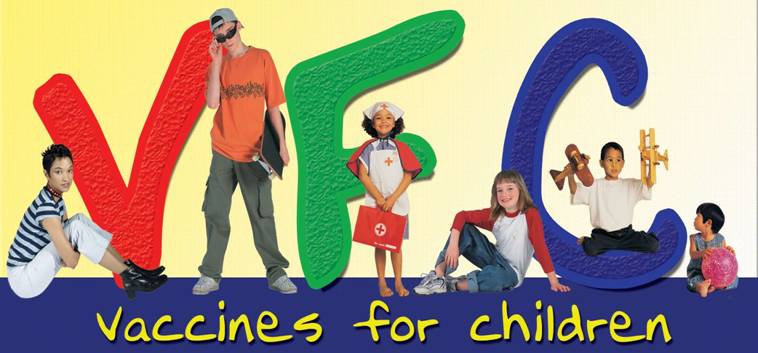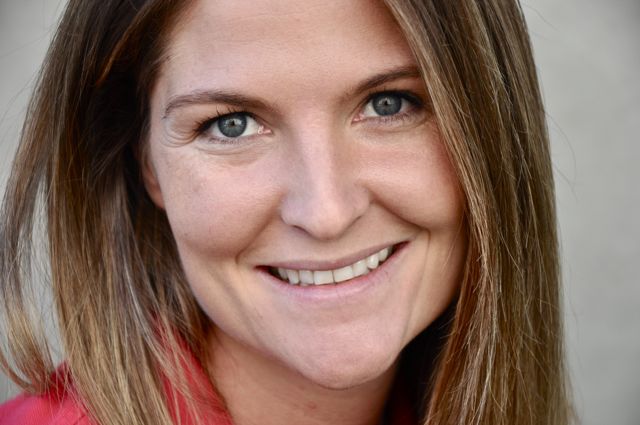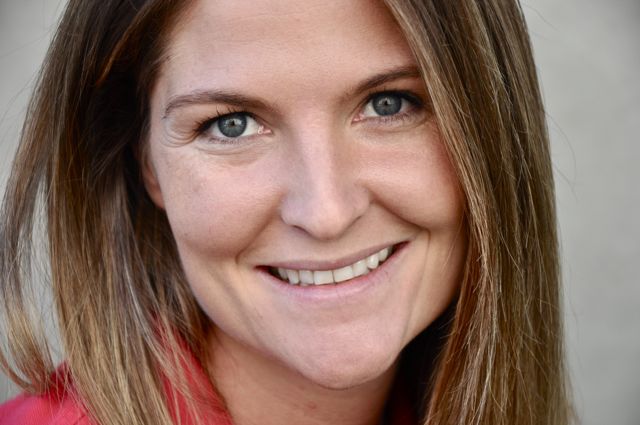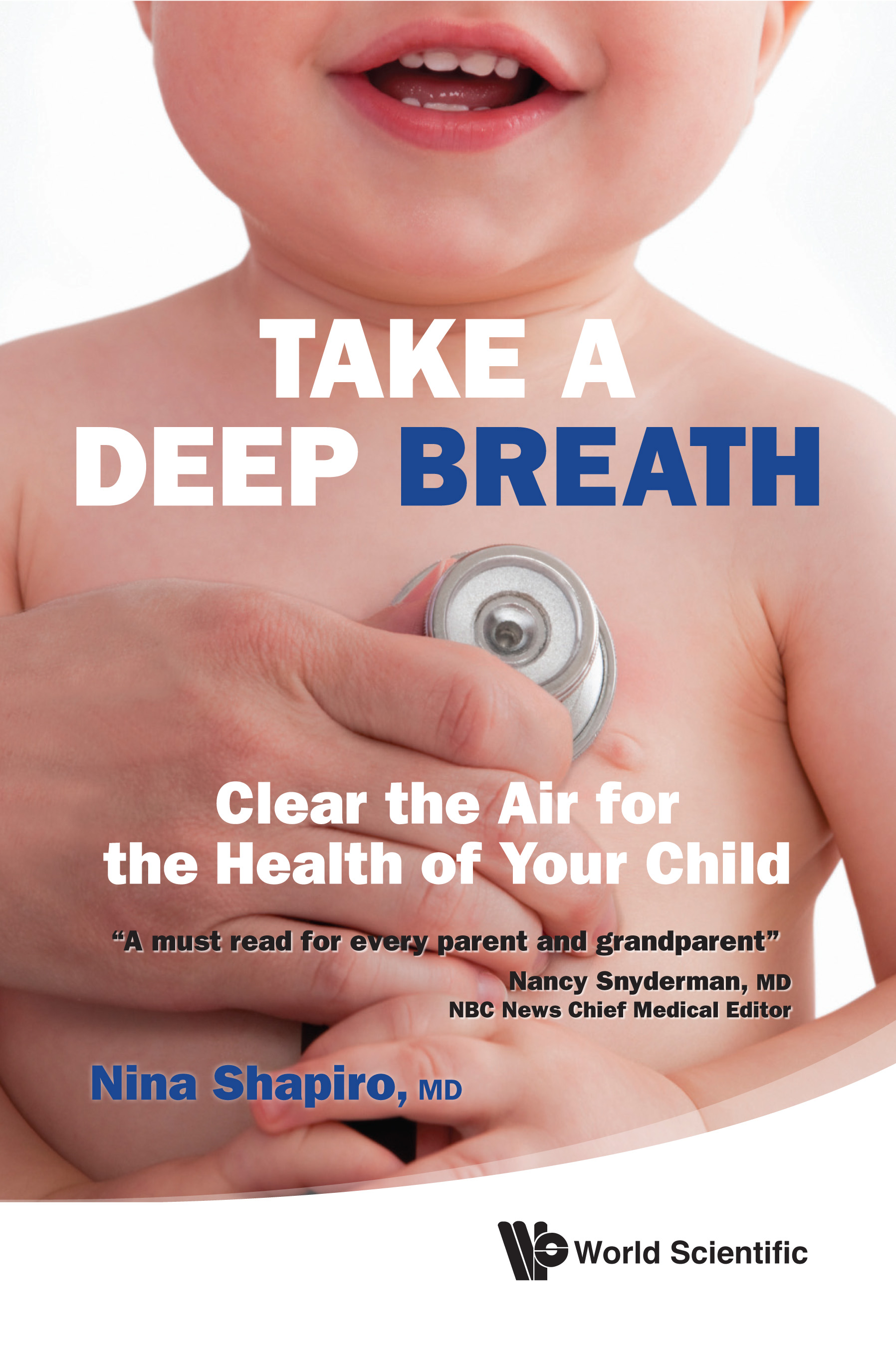Archive for the ‘parenting’ Category
posted by AJGpr |
on parenting, print media |
With fewer vaccinations, is your child’s school safe?Too many parents are seeking exemption from California’s vaccination law.
Across the country, preschools and elementary schools are declaring themselves nut free or peanut free, asking families not to pack lunch foods that could pose life-threatening dangers to highly allergic children. And the prohibitions are expanding beyond nuts. Some schools, for example, have prohibited powdered cheese products to protect children who are especially dairy sensitive.
These measures may be excessive, but as a physician, I understand the desire to protect students. Children with serious allergies really can have severe reactions to trigger foods, so it’s not that surprising that some schools have reacted aggressively.
But the great bulk of children face a far greater risk of harm from disease. If the goal is really to protect children, I’d like to see all schools declared “unvaccinated-free zones.”
The law in California mandates that students in public and private schools be immunized, but it also allows easy-to-get exemptions for personal beliefs.
Although some 90% of the state’s kindergartners are up to date on their immunizations, it is not uncommon for individual public elementary schools to report that more than one-third of their kindergartners are not.
And if you’re thinking this must be a problem unique to schools in low-income neighborhoods, think again. One of Malibu’s three elementary schools reported that just 58% of its kindergartners were up to date on their vaccinations, and some other affluent areas throughout the state have schools with similar compliance rates.
Private schools vary widely, but some have rates of less than 20%. Yes, that’s right: Parents are willingly paying up to $25,000 a year to schools at which fewer than 1 in 5 kindergartners has been immunized against the pathogens causing such life-threatening illnesses as measles, polio,meningitis and pertussis (more commonly known as whooping cough). In order for a school to be considered truly immunized, from a public health standpoint, its immunization rate needs to be 90% or higher.
Parents have varied reasons for choosing not to immunize their children. Some are concerned that vaccinations raise the risk of autism, although study after study has debunked this myth. Others, concerned that small bodies can’t tolerate so many vaccines at once, have decided to spread out the schedule recommended by the American Academy of Pediatrics and the Centers for Disease Control and Prevention, though there is little evidence to support this practice. Some parents think that because some of the illnesses for which kids get immunized are extremely rare these days, there’s little reason to vaccinate.
But here’s the reality: These diseases do exist, and we’re already seeing some of them make a comeback.
When I was in medical school, pertussis was discussed primarily in the past tense. We learned about how whooping cough had taken the lives of many people in the 1930s, before a vaccine was available. It felt like ancient history. But now, pertussis has made a comeback in California and other states, causing severe illness in kids and adults. Children have died.
There is also a vaccine now to protect against Haemophilus influenzae type b, a bacterial disease that can cause severe respiratory illnesses, meningitis, eye infections, blocked breathing and even death. In the years after the vaccine was licensed in 1985, the disease was nearly eradicated, but now it’s back too.
Dr. Jonas Salk, creator of the polio vaccine, spoke at my medical school graduation. Polio killed millions and paralyzed millions more, but thanks to Salk and Albert Sabin, whose vaccine came soon after Salk’s, we haven’t seen outbreaks in the U.S. since the 1950s.
It used to seem a sure bet that polio was gone for good in the United States and would soon be eradicated everywhere. In 2012, just 223 cases of polio were reported worldwide, all but six of them in the three countries where the disease remains endemic: Afghanistan, Pakistan and Nigeria. One barrier to complete eradication has been suspicion toward the vaccine in remote areas of those countries. It’s ironic that vaccine suspicion is now growing here as well.
It still seems likely we’ll win the war against polio. But it’s no longer looking all that certain with whooping cough, meningitis and measles, to name a few. They could be coming soon to a school near you.
Check vaccination rates at your child’s school.
posted by AJGpr |
on entertainment, parenting, tv |
Sasha Emmons of Parenting.com examines the question of media violence and it’s effect of kids today.
She opens her article stating, “With every school shooting, like December’s horrific massacre in Newtown, questions about guns in media and their connection to real-life violence bubble to the surface again. After all, there have been reports that Sandy Hook shooter Adam Lanza was a fan of the ultra-bloody Call of Duty video game series.”
To read the full story click here.
For expert insight into this question, Sasha turned to my client, Dr. Gwenn O’Keeffe, pediatrician, parenting and digital media expert, and CEO of Pediatrics Now. Dr. Gwenn is the author of Cybersafe: Protecting and empowering Kids in the Digital World of Texting, Gaming, and Social Media.
posted by AJGpr |
on parenting |
AJGpr client, Emma Jenner, a child development and child behavioral specialist, best known for her role as host of TLC’s “Take Home Nanny” ha posted Part 2 of her book picks for kids on the Huffington Post. Here is the link for Nanny Emma’s Picks: The Best Books for Kids, Part II (ages 6-10).
Emma will have a parenting book out on Atria/Simon & Schuster in 2014.
posted by AJGpr |
on parenting, social media |
My client, Emma Jenner, a child development and child behavioral specialist, best known for her role as host of TLC’s “Take Home Nanny” is now blogging on the parenting pages of The Huffington Post. In her most recent post she details her book picks for kids aged 1 to 6.
Emma will have a parenting book out on Atria/Simon & Schuster in 2014.
posted by AJGpr |
on health, parenting, web |

Infant and Toddler Winter Illnesses
Why do newborns sound so congested? When should you worry about an infant’s cough? Are steroids really needed for a wheezy one year old? Does croup or bronchitis mean a child is more likely to develop asthma? Why do some toddlers have so many ear infections?
Nothing is more distressing to a parent than a young child’s illness. It may feel like one cold is hardly over before the next virus hits, and a cough or runny nose may seem like a chronic occurrence.
On Monday, February 18, 2013 at 12:00 pm EST, Dr. Nina Shapiro, Director of Pediatric Ear, Nose & Throat at UCLA School of Medicine, and the author of Take A Deep Breath: Clear the Air for the Health of Your Child., will explore the common respiratory illnesses encountered during a child’s early years, including colds, sinusitis, ear infection, strep throat, tonsillitis, flu, RSV, pertussis, croup, bronchitis and pneumonia.
She will review the symptoms of these common illnesses with a focus on treatments to manage the symptoms at home and when to worry or call the doctor. Young children typically encounter 5 to 10 colds or viral illnesses a year. The practical information shared by Dr. Shapiro in this webinar will come in handy for parents and caregivers of children from infancy through preschool.
Registration to this free expert speaker webinar is available to all interested parents and caregivers. You may distribute the registration link via email or social media.
posted by AJGpr |
on fitness, parenting |
Tonsillectomy Breakthrough
When does a recurring sore throat require a drastic treatment? AJGpr client, Dr. Nina Shapiro, the Director of Pediatric Otolaryngology and an Associate Professor at the David Geffen School of Medicine at UCLA was a guest on The Doctors to discuss if and when parents should consider scheduling a tonsillectomy for their child.
Watch this clip, where Dr. Shapiro demonstrates the older versus newer techniques for removing tonsils on The Doctors.
Dr. Shapiro is the author of Take A Deep Breath: Clear the Air for the Health of Your Child.
posted by AJGpr |
on parenting, psychology |
After the Newton, CT. shootings, the Oxford University Press turned to AJGpr client, Dr. Karen Schiltz to write about the assessment of children who have the potential to do harm to themselves and others. Here is her response.
“My child could be the next mass murderer. Alex has bipolar disorder. Last year, he pulled a phone off of the wall in the classroom and threw it at the teacher. They evacuated the whole class and my son was suspended for one day. He was suspended five times in nursery school for hitting children. Alex screams at home, swears, throws his toys against the wall, has hit his sister more times that I can tell, and can’t pay attention for the life of him now. He does not like the word ‘no.’ Alex is eight and in second grade. I’m afraid and something has to be done. I’m glad we are dealing with this now. I have to face this.”
I saw the parents of Alex Monday morning.
Like many of you, I was in shock and horrified about the slaughtering of 20 little children and 6 adults. I wondered: why did Adam Lanza not receive help for his condition or, if he did, was he misdiagnosed? Did his parents not follow through with providers? Did providers fail to address his problems? Were the parents in denial? Were teachers in denial?
“I’m scared. I see things at night like shadows and I hear soldiers that are coming to get me at night. I ran into daddy and mommy’s room. I saw something black when I was running to my mommy’s room. Someone is whispering to me too. I hear whispers and voices. I don’t understand what they are saying.”
Alex was eager to tell me about the voices and sounds he heard. He also told me that his parents were oftentimes angry at home and he was always scared of what could happen next.
His parents told me about several warning signs that increased in severity, intensity, and frequency as Alex aged. They were:
- Fears of attending school
- Hearing sounds such as whispers and soldiers conversing with each other
- Nightmares
- Poor frustration tolerance
- Problems managing his anger
- Real shifts in mood ranging from deep sadness to silliness
- Trouble concentrating
- Trouble sleeping
- Withdrawal from family and friends
- Wringing of hands and complaints of stomachaches
Do these parents need counseling? Does Alex need help as well? Will the parents accept my feedback after I assessed their child, interviewed Alex’s teachers and them, and conducted the testing?
Monday had a happy ending. These parents were not in denial nor did they deny Alex had a problem. They realized early intervention was crucial to helping their child. Alex’s parents were aware that their son’s marked troubles with managing his anger, low frustration tolerance, problems with focusing, and his ability to “go from 0 to 100” in a split second of rage were not normal. They deeply wanted a typical eight-year-old boy before it was too late.
It is not too late for lots of children. All of us, including teachers, physicians, and other care-taking and healthcare professionals need to listen to and observe children when something is not quite right. Taking the time to talk with children and educate parents about the warning signs of mental illness is critical.
Assessment and early intervention are the keys to unlocking the cause of a child’s pain and other problems such as a reading disorder. We can help children if we intervene at an early age and recognize the signs of mental illness such as mood instability, sadness, irritability, and anxiety. Many children need help and aren’t getting it. Recognizing a child’s struggles as early as possible is key to optimizing their success in life and overall mental health. The tragedy can be when it is not addressed in time to help either the victim or aggressor.
The bottom line is: we need to review the big picture of what is happening with our children and help parents advocate for their child when something is a little off. It was not too late for Alex and it shouldn’t be for your child either.
Karen Schiltz is the co-author of Beyond The Label: A Guide to Unlocking a Child’s Educational Potential and Associate Clinical Professor (volunteer) at the Semel Institute for Neuroscience and Behavior at the University of California, Los Angeles. She has over 26 years of experience assessing children and young adults with developmental, medical, and emotional disorders including the autistic spectrum and maintains a private practice specializing in neuropsychology in Calabasas, California. Dr. Schiltz blogs for Psychology Today at Beyond the Label.
posted by AJGpr |
on health, parenting, tv |
Before the New Year, AJGpr client, Dr. Nina Shapiro, the Director of Pediatric Otolaryngology and an Associate Professor at the David Geffen School of Medicine at UCLA was a guest on the new Hallmark series – Home & Family — the topic — children and snoring. Here’s the clip.
Dr. Shapiro is the author of Take A Deep Breath: Clear the Air for the Health of Your Child.
posted by AJGpr |
on health, parenting |

A 2012 study showed that obesity is the most prevalent nutritional disorder among children and adolescents in the United States. Among children ages 2-19, about 1 in 3 are overweight and 1 in 6 are obese. For its 14th season weight loss reality show “The Biggest Loser” is targeting a new demographic: overweight teenagers.
My client, Natalie Digate Muth, MD, MPH, RD – a formerly obese child, a mother of a once-picky eater and a pediatrician is acutely aware of the epidemics of obesity and inactivity in our children. A registered dietician and widely recognized for her expertise in childhood obesity, nutrition, and fitness, Dr. Muth is the author of Eat Your Vegetables! and Other Mistakes Parents Make: Redefining How to Raise Healthy Eaters (April 2012).
Dr. Muth applauds “The Biggest Loser” for drawing attention to the childhood obesity epidemic and making significant changes to the show from the adult version to help avoid exploitation and unintended harm to the children. However, Dr. Muth says “this intervention is unlikely to contribute to meaningful weight management and lifestyle change for these teens in the long-term because arguably the most important factor in a child’s weight management success is mostly absent — the Parents! The parents have played a major role in the child’s onset of obesity and the parents are also the solution. The family is a crucial component that is mostly absent from “The Biggest Loser Childhood Edition,” at least what is portrayed so far. Plus, the parents are the adults who are supposed to be looking out for their kids — if they want to take the risk of letting their kid sink or swim in the spotlight of the American public, then they should be right out there with them. It really should be Family Edition.” Jillian Michaels said, “The focus of the teens’ transformation would be health — not weight or clothing size.” Dr. Muth believes this “healthy approach” starts with the parents.
Recently, Dr. Muth appeared on Yahoo! Shines show Away We Grow to talk about the parents role in combatting childhood obesity. Here is the clip.
posted by AJGpr |
on parenting, web |
Journalist Amber Narsulla, interviewed AJGpr client, Betsy Brown Braun for the online parenting site mom.me. Betsy is a child development and behavior specialist who weighed in on the question of taking kids out of school for family vacations.
Betsy says, “Some children are flexible and will transition easily back into the classroom, while others will struggle.”
For the full story click here.
Besty is the bestselling author of Just Tell Me What to Say and You’re Not the Boss of Me.
















